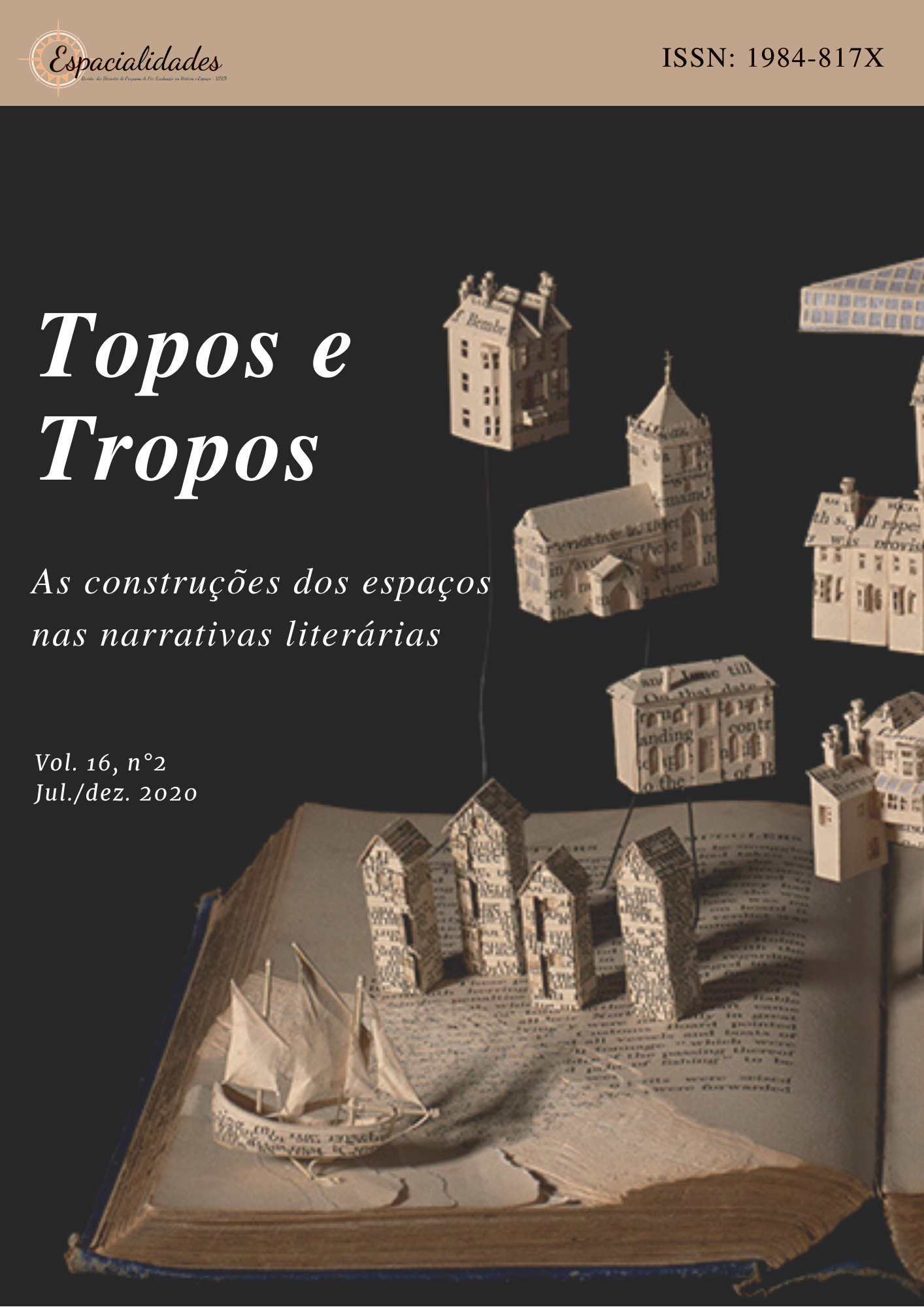Erased memories
abolicionism and the voice-freedom of Maria Firmina dos Reisin the 19th century
DOI:
https://doi.org/10.21680/1984-817X.2020v16n2ID20265Keywords:
Literature, Voice-freedom, Women, SlaveryAbstract
The 19th century was a period of search for the formation of a national canon. In a period in which the rise of the novel was taking place, Maria Firmina dos Reis emerged with narratives that dealt with the representation of structural prejudice and behavioral delimitations, arising from current slavery and patriarchal domination, which especially affected women and blacks. A teacher and Afro-Brazilian woman, Firmina wrote throughout the 19th century establishing theconstruction of a social space that reflected racism and dominant patriarchalism, directly altering the constitution of space inside and outside her narrative.
Downloads
Additional Files
Published
How to Cite
Issue
Section
License
The submission of manuscripts to this journal implies the transfer, by the authors, of the rights of printed and digital publication. The authors own copyrights to the works they have created and grant to the journal the right to initial publication, with simultaneous work licensed under the Creative Commons License CC BY-NC-SA 4.0, and for publication rights. The authors can publish their work online in institutional/disciplinary repositories or in their own websites. Authors can only use the same results in other publications, clearly indicating this journal as the means of the original publication.
The author also agrees to submit the work to the publication rules of the Espacialidades Journal mentioned above.
Espacialidades Journal is an open access journal under the Creative Commons Attribution-NonCommercial-ShareAlike 4.0 International License (CC BY-NC-SA 4.0)




